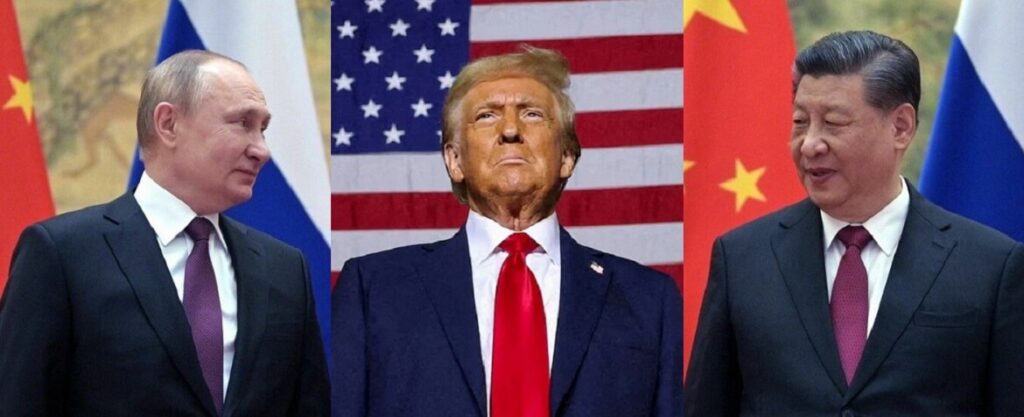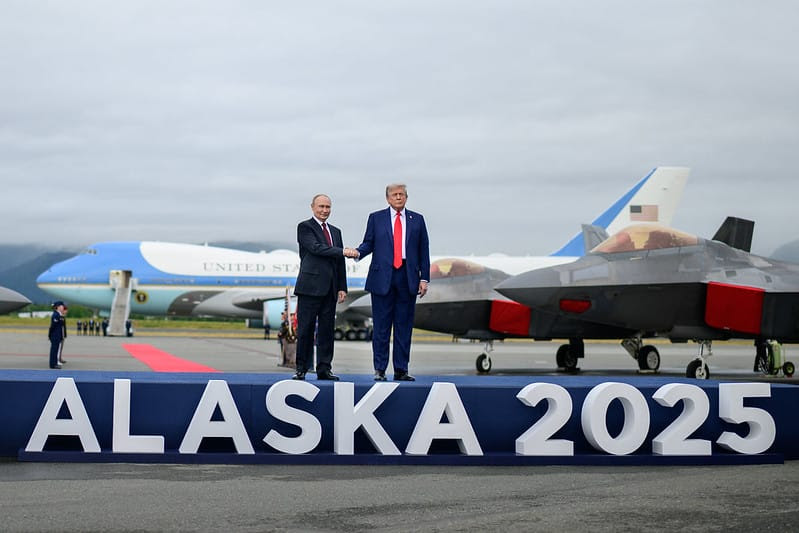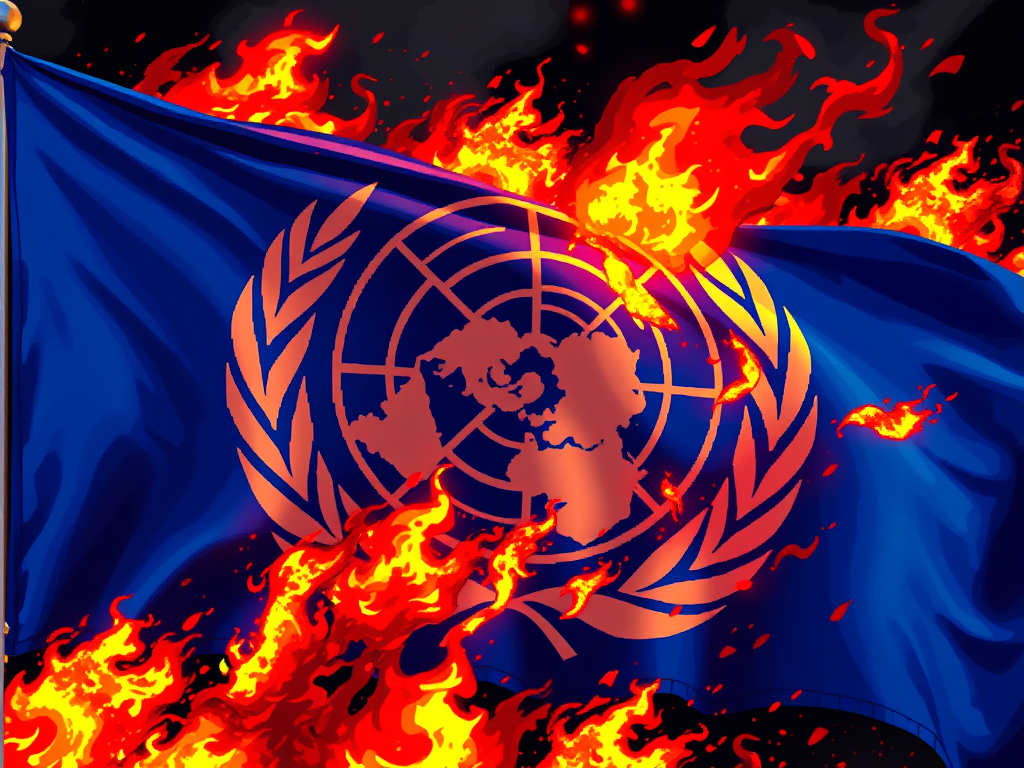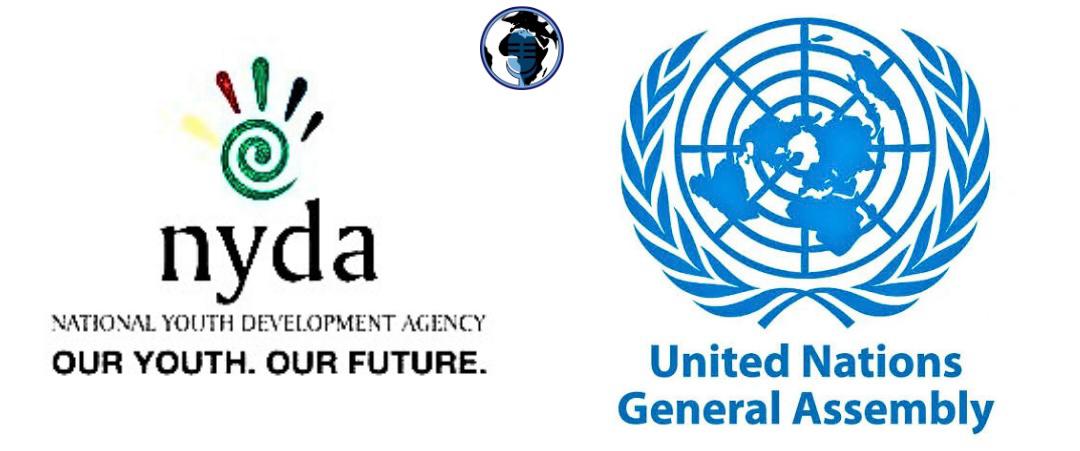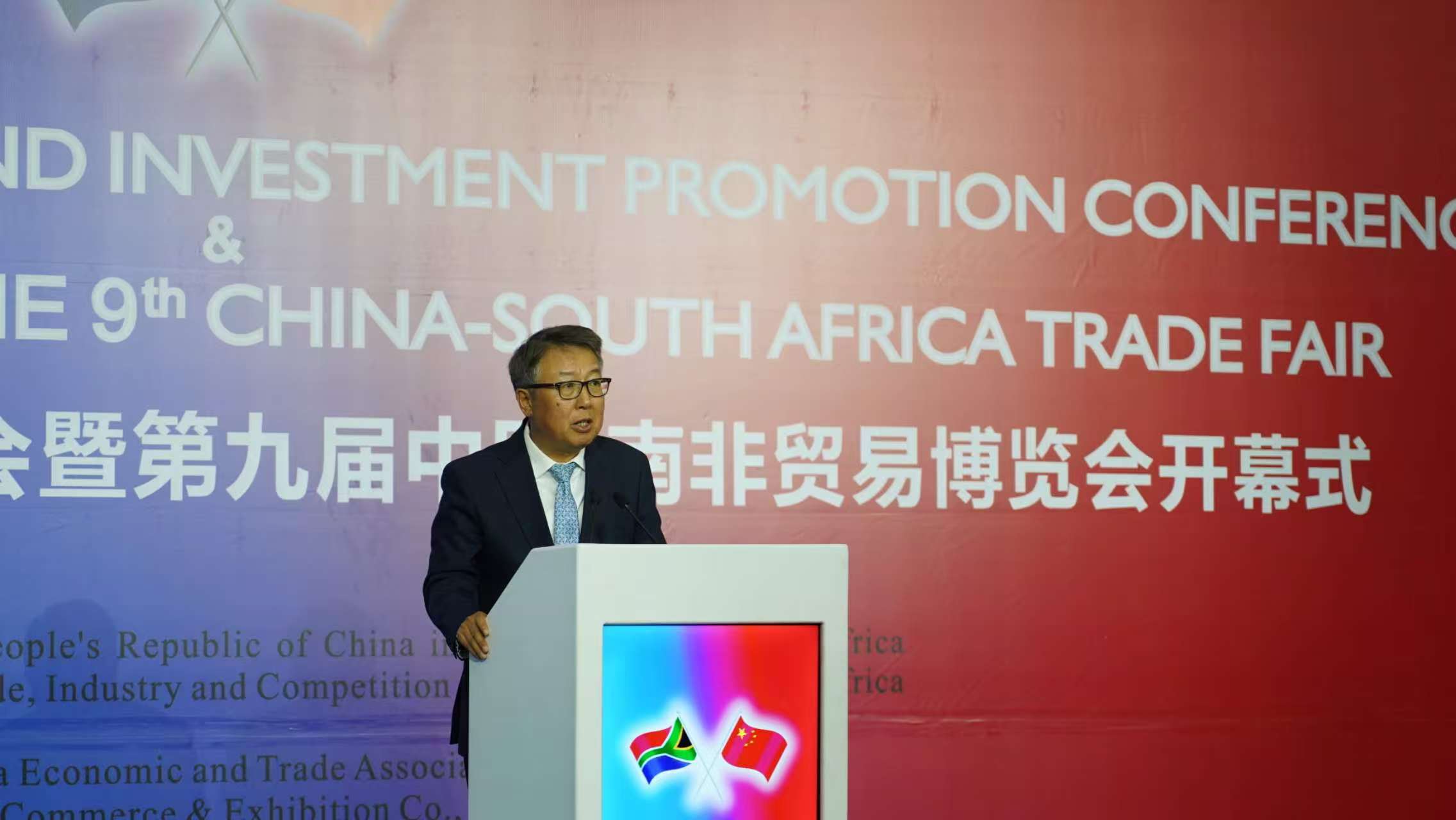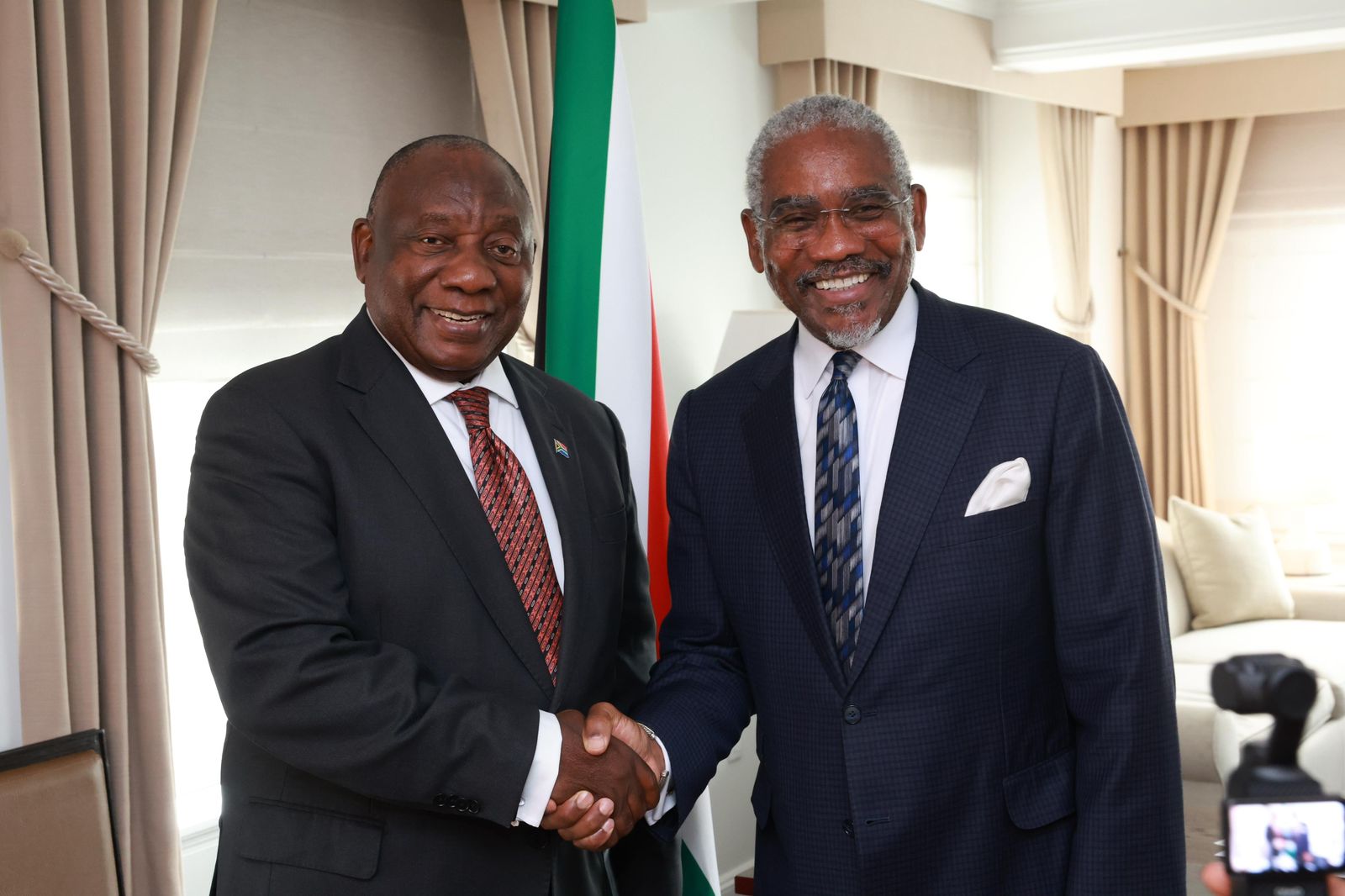As the positions have become more delineated following the Trump-Putin summit on August 15, those proponents of endless war against Russia have grown increasingly unsettled. What some in NATO-land were insisting was a successful flank against Putin and a “strengthening of Ukraine’s position” at the negotiating table has increasingly turned into a sentiment of panic. As one NATO official told Politico, following a meeting with Joint Chiefs of Staff Chairman Gen. Dan Caine and Under Secretary of Defense Elbridge Colby in Washington on August 19: “There’s the dawning reality that this will be Europe making this happen on the ground. The U.S. is not fully committed to anything.” Given the shabby shape of European militaries, this is a diplomatic way of saying, “we’ve lost.” This sentiment is being felt all the more strongly in light of DNI Tulsi Gabbard’s ongoing exposure of the authors of the Russiagate lie—many of whom have also been the most outspoken promoters of the current hostilities against Russia.
Many more details remain to be worked out before any clear pathway out of the Ukraine conflict is complete, and many traps await President Trump—traps actively being worked on by the British and their allies. Nonetheless, Trump’s efforts thus far to dump the trans-Atlantic war party in favor of preventing a nuclear war against Russia should be applauded. In a webcast with The LaRouche Organization President Diane Sare on August 20, Helga Zepp-LaRouche called the Alaska summit a “major breakthrough,” and remarked: “The fact that President Trump and President Putin were able to have this meeting in Alaska and re-establish a direct communication between the leaders of the two largest nuclear powers in the world is of the highest significance. Everybody who is not blinded by ideological spectacles and prejudices should be happy about that.”
However, these events are happening at a time of one of the greatest historic opportunities in recent history. While debates are raging in the U.S. and Europe, India’s External Affairs Minister Dr. S. Jaishankar paid a special visit to Moscow to meet with various officials, including President Putin, where he emphasized the importance of India’s relationship to Russia. The two sides pledged to increase and diversify trade, and overall to take their relations to a “whole new level.” Notably, this visit is occurring in the wake of the recent U.S. imposition of 50% tariffs on India as punishment for its purchases of Russian oil—an intimidation tactic which appears to be having the opposite effect. Plans are now reportedly being made for President Putin to visit India later this year.
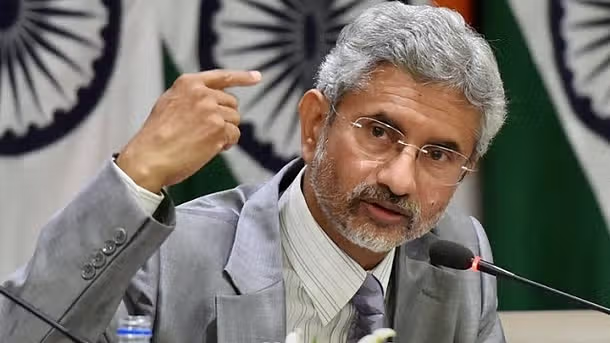
A key element of British geopolitics is fanning flames of division and preventing nations from seeing any common interests with their alleged adversaries—a strategy which has worked swimmingly for decades. But while Trump’s changed attitude regarding Russia is laudable and is making the geopoliticians squirm, his aggressive stance against India, China, and other nations of the BRICS is meeting a very different response. Underneath lies a reality, an undeniable historical process, which was pointed out by Lyndon LaRouche many years ago. In May of 1994, shortly after returning from a trip to Russia, LaRouche proposed the following:
“If we look ahead to the future of humanity, and look beyond the sinking of the Titanic [the bankrupt trans-Atlantic financial system—ed.], we have an obvious way of reorganizing the world…. And that is to do what the British have always feared—do the geopolitical utmost. Let us foster rails from Brest [Western France] to Vladivostok [Eastern Russia]. Let us foster the development of the silk-route railroad in China. Let us foster collaboration among the two sections of Asia [India and China]…. Now integrate the two in the logical way in which they should be integrated. Which means that you are now in the area of the world’s majority of its population…. This is where the world’s future population will be concentrated. If we’re developing physical economy, these are the trade routes.… Use this infrastructure building to spin off the other industries which are needed … [as] the catalyst for developing the industry.
“We should commit ourselves to such a policy, to such cooperation among sovereign nation states, and let the imperialists who drowned this world in war for a century, let them go hang…. Let us proceed to do that which has been forbidden, which is in the vital interest of our country—to foster this kind of development in Eurasia and in South Asia, and to use cooperation with that as the way to rebuild the world economy.”
Thought of in this way, the current change in orientation vis-à-vis Russia and the U.S. opens up a window to a once-in-a-lifetime opportunity. If this opening can be taken a step further—beyond simply national interests and opposing the danger of global war, and toward a common interest through economic development—then there really is an opportunity to “reorganize the world.” This is the only real solution to the catastrophe unfolding in Gaza, for example, and must urgently be seized. Circulate the petition calling for a trilateral meeting among Presidents Trump, Putin, and Xi in Beijing during the upcoming September 3 celebrations as an immediate next step to advance this process. And join the International Peace Coalition this Friday, August 22, at 11 a.m. EDT, which will also take up this topic.
